It may feel awkward, but it's important to explain to children the risks of sexting, how to stay safe and remind them that they can talk to you if something ever makes them feel scared or uncomfortable.
Tagged with advice
This draft document explores key questions in the form of a checklist to help educational settings ensure the maximum impact of online safety sessions.
The guidance highlights a range of resources which can be used to support educational setting to develop a whole setting approach towards online safety in line with national guidance. The document can be used to facilitate conversations between educational settings and external visitors to develop children and young people’s digital literacy skills and parental awareness.
When your children go to secondary school, there's a big shift in how they use their phones and social media.
One mum felt "overwhelmed" but has found a way to keep her daughter's trust and to keep her daughter safe.
A dad has shared distressing screenshots of messages his seven-year-old daughter received from an online predator in a bid to warn other parents.
Melissa Zimdars is an assistant professor of communication and media at Merrimack College in North Andover, Mass. When she saw her students referencing questionable sources, she created and shared a document with them of how to think about sources, as well as a list of misleading, satirical and fake sites.
Here to help
04.09.17
I hope you've had a restful and happy summer break and you spent time with family and friends. After over 30 years working in education, and supporting organisations who work with young people, I've come to a single conclusion; The only thing that truly matters is that we are kind and supportive to the people around us. Whether they are colleagues, students, family, friends or neighbours - everyone deserves kindness.
I've worked in the area of online safety for almost 10 years and I provide face to face support and training to schools, colleges, charities and a range of organisations with a responsibilty for young people. I also specialise in providing support, resources and information via social media. Over the summer break I shared a range of articles and links on subjects as diverse as radicalisation, fake news and the impact of social media on body image and mental health.
There were also more quirky links to digital citizenship. Did you know 30 million Facebook users have died in the first 8 years of its existence?
Hurricane Harvey was the cause of wide spread devastation.. and fake news. There's that shark again.
Also, in August Safer Internet Day 2018's Theme was announced.
When we try to engage with young people, and help them to become safe and confident digital citizens, it is very important that our messages and resources are relevant and engaging. That's why I share these things with you.
You can be up to date and informed and relevent when you support young people by simply doing one or more of the following:
You could follow my tweets on Twitter
Or, Like or Follow my Facebook Page
Or perhaps you'd find my Instagram feed a little easier to digest?
It's possible you prefer the more formal world of LinkedIn, I post resources there too.
Or.. just go old school and visit the website
I'm here to help you. If you'd like me to come to your school or organisation around Safer Internet Day 2018 then let me know, That's always a busy time for me and my diary does fill up quickly.
If you've yet to arrange your annual esafety update for your colleagues - I can help with that too.
People like you think my support has value
Take care out there
Simon

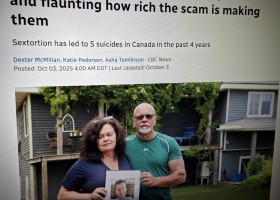

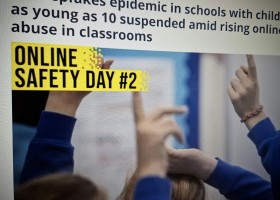
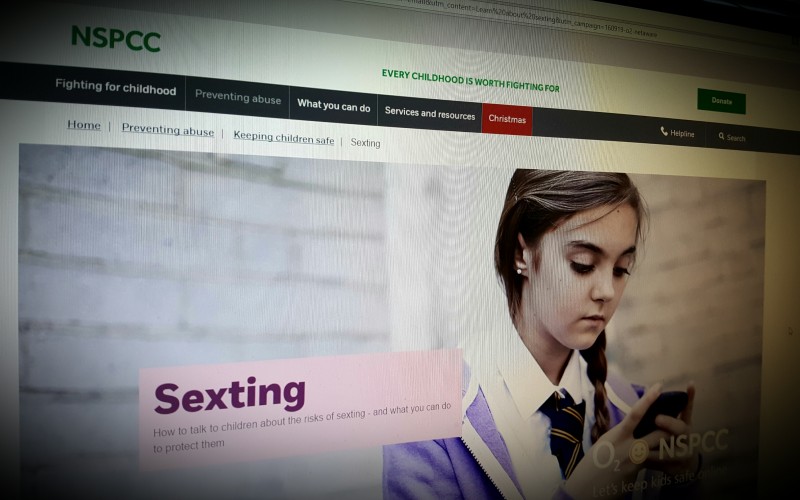
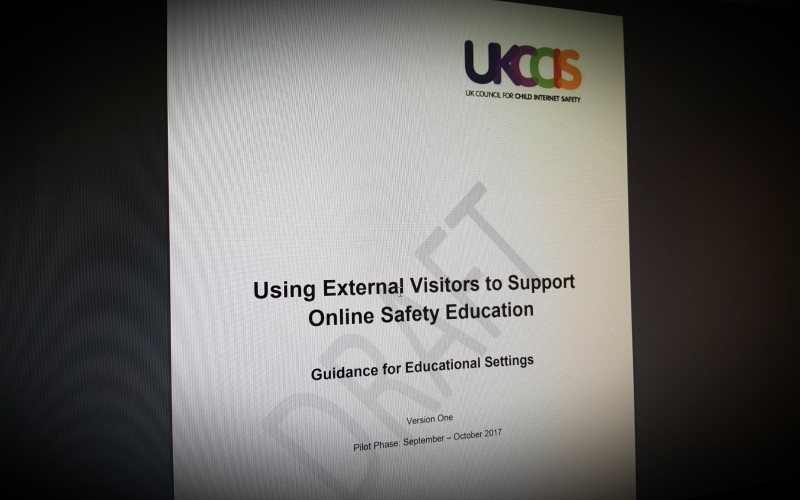
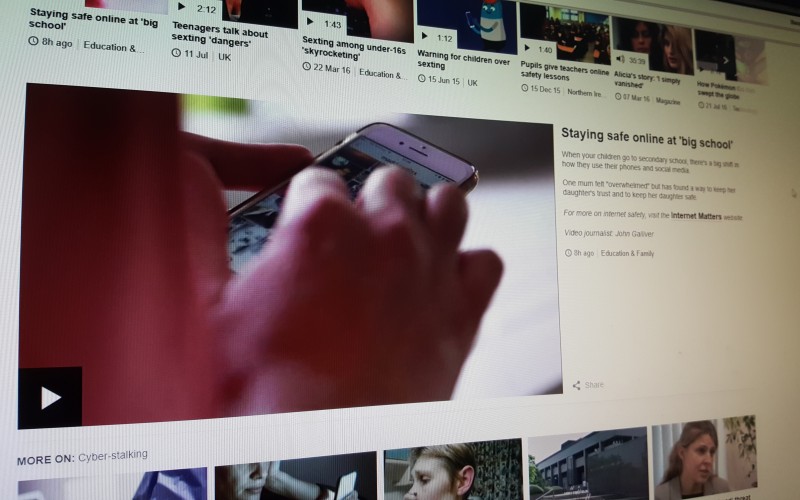
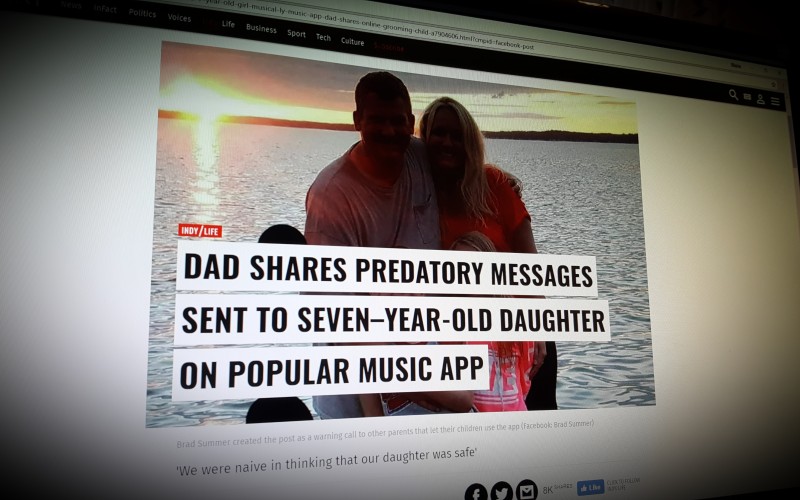
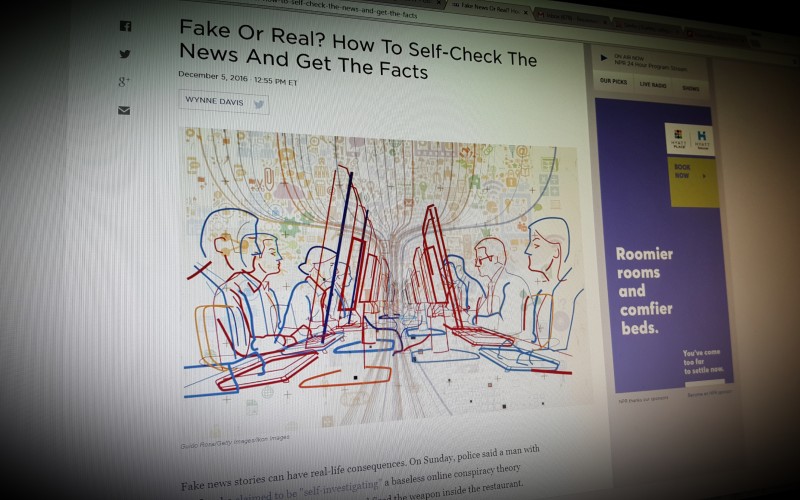
Comments
make a comment